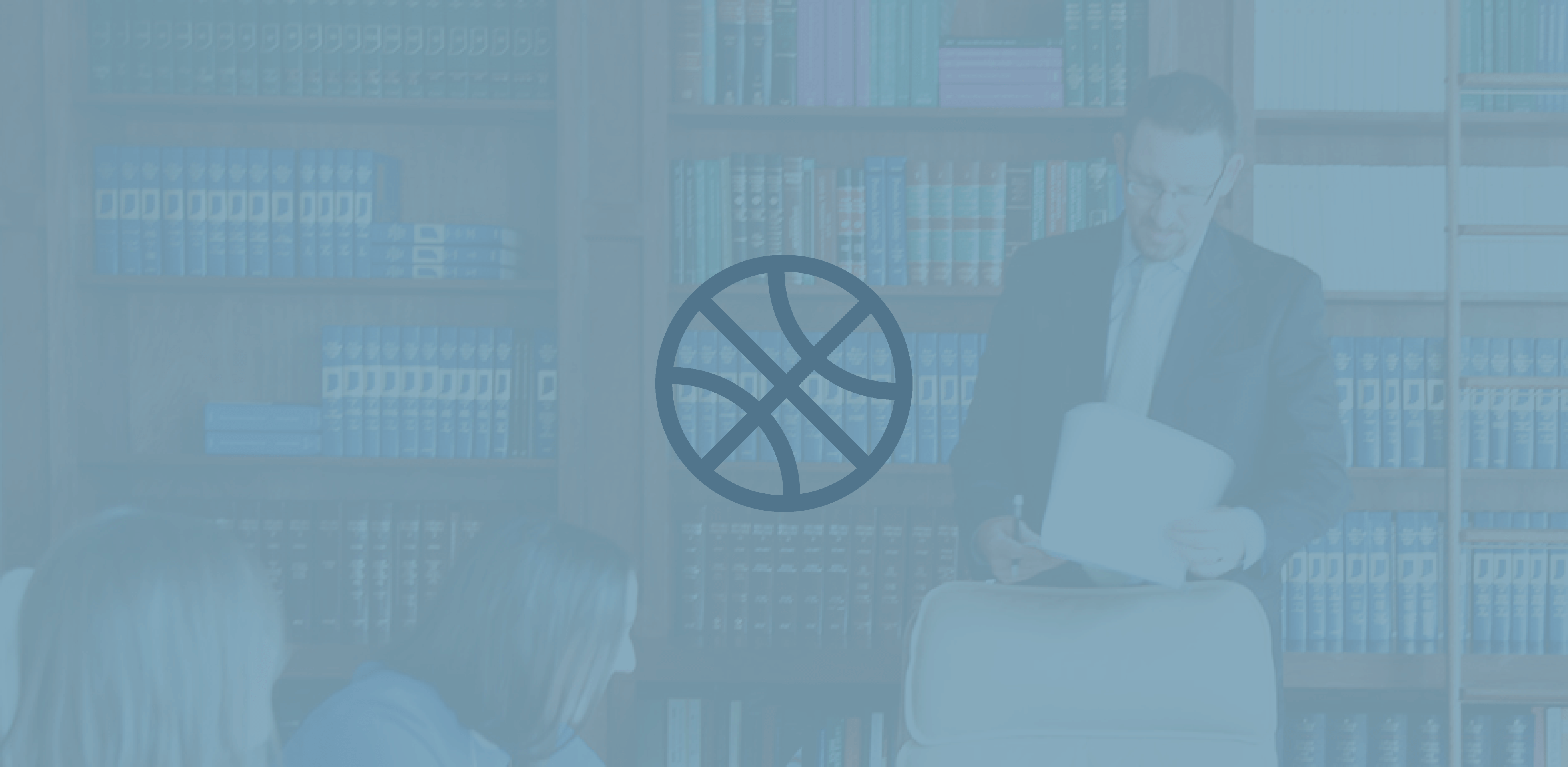The Never Ending Question. Are Student-Athletes Employees?

Author: Kelleigh Irwin Fagan
POST DATE: 9.25.17

What’s Happening?
We have seen courts around the country opine on whether student-athletes should be considered employees for purposes of certain state and federal laws. Most recently, the federal district court for the Northern District of California dismissed former University of Southern California linebacker Lamar Dawson’s case against the NCAA and PAC-12.
Dawson alleged the NCAA and PAC-12 violated the Fair Labor Standards Act (“FLSA”) and the California labor code. Specifically, he alleged he was entitled to full pay for all of the hours “worked” as a football student-athlete, including overtime. Defendants filed a motion to dismiss, relying heavily on a similar case in the 7th Circuit, Berger v. NCAA. The court, while acknowledging 7th Circuit precedent is not binding on it, found that precedent persuasive and ordered the case dismissed.
Amateurism
Not unlike other decisions in the collegiate sports world, the principle of amateurism was argued and relied upon in both the Dawson and Berger courts’ decisions. Both courts found student-athletes are not employees for many reasons, including that amateur athletes participate in their sports for reasons wholly unrelated to immediate compensation, that participation in collegiate athletics is voluntary, and even though student-athletes spend significant time training and participating in their sports, they do so (and always have done so) without any real expectation of an income.
The court rejected Plaintiff’s argument to distinguish Berger from his case because he was a football student-athlete whereas the plaintiff in Berger was a track student-athlete. Dawson cited no authority for why this distinction should matter in this context. Dawson also unsuccessfully relied on the 9th Circuit’s decision in O’Bannon v. NCAA. The O’Bannon decision did not discuss a student-athlete as an employee. Rather, it was focused on whether certain NCAA rules were subject to antitrust scrutiny. In finding they were, the 9th Circuit still clearly articulated the prevailing principles of amateurism, including no pay for play.
This is not the last case or attempt we will see to bring student-athletes within the definition of an “employee.” As this issue continues to be prevalent, the amateurism principle could erode and not hold as much weight with the judicial system. However, that possibility is likely more remote than some would think and should a significant change occur, it is likely that will be take incremental steps to get there. Student-athletes now are already receiving more in monetary benefits than many that came before them with NCAA member institutions having the ability to pay a student-athlete’s full cost of attendance (rather than just tuition, room and board, and books). It is likely these incremental changes that will continue to occur over the next several years rather than a wholesale change to treating student-athletes as employees.
CCHA Collegiate and CCHA Sports Law
If you have any questions, please contact us. CCHA Collegiate and CCHA sports law attorneys have experience and expertise representing institutions and coaches involved in infractions matters, as well as working with NCAA institutions and coaches to educate them and their staff on NCAA rules compliance. We have helped several schools implement a plan to keep their head coaches compliant with NCAA regulations while still remaining competitive within their respective sport.
